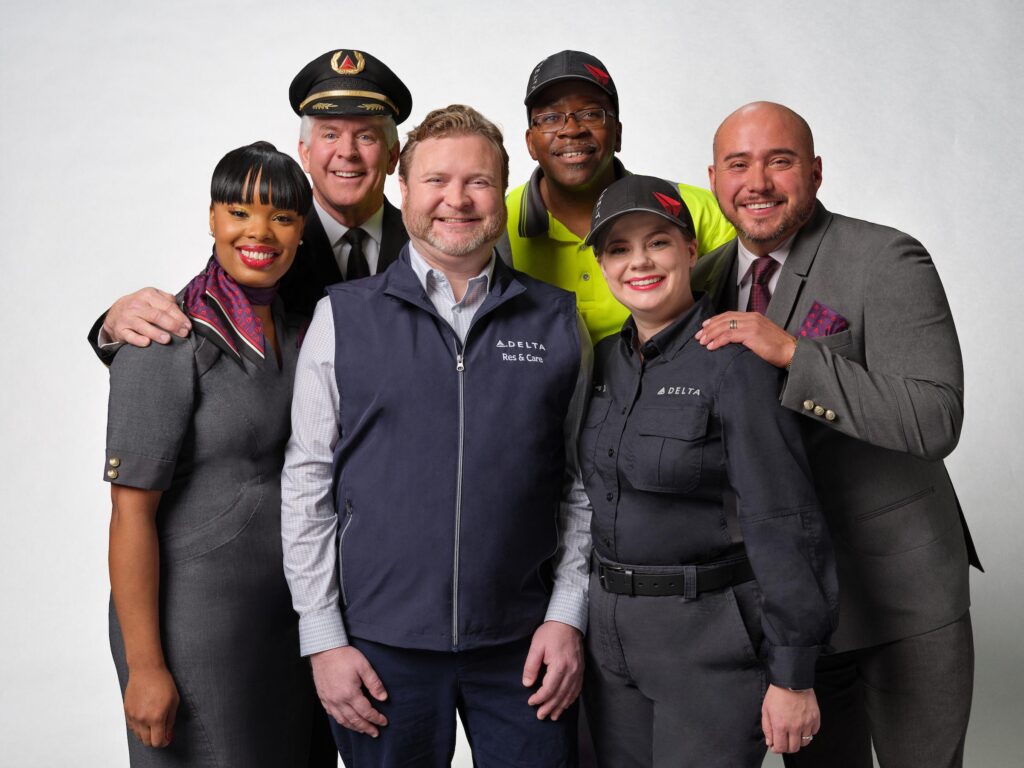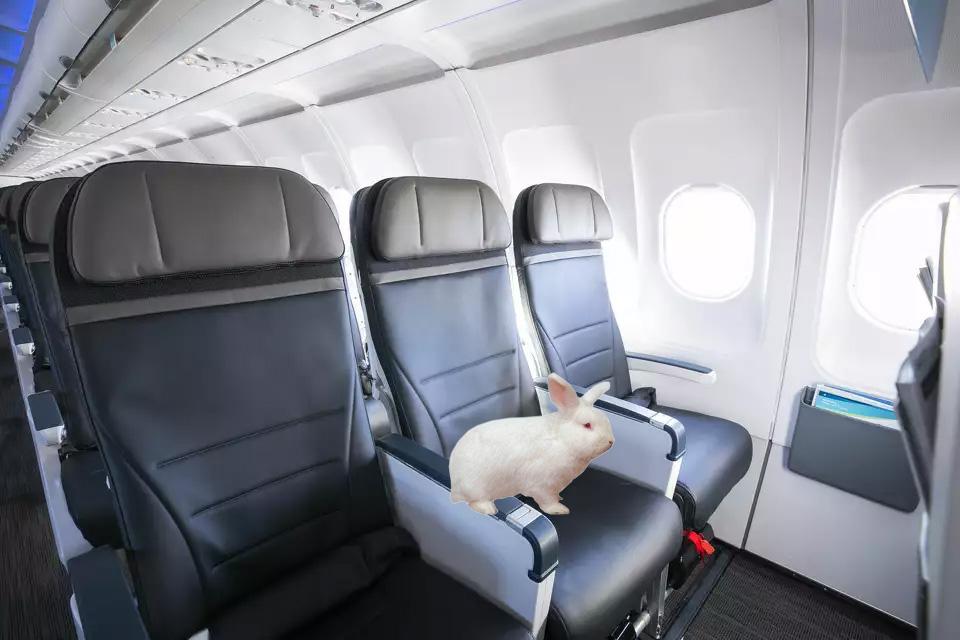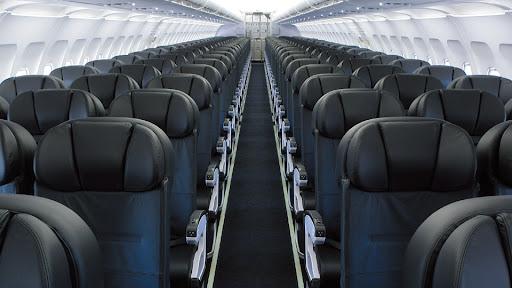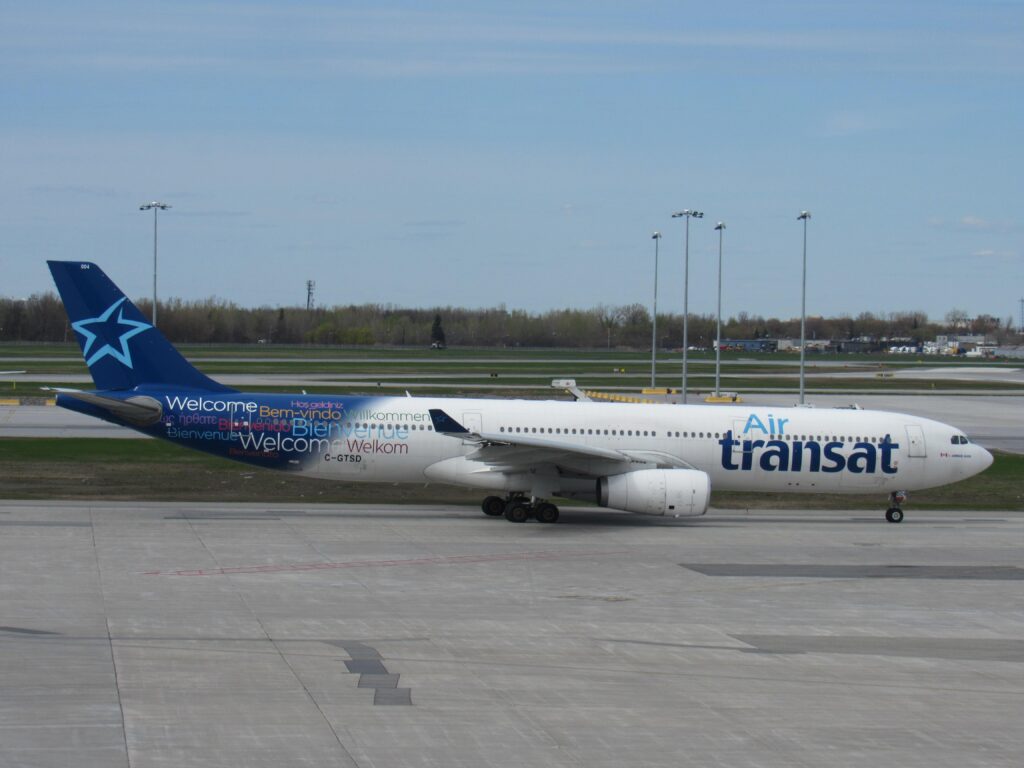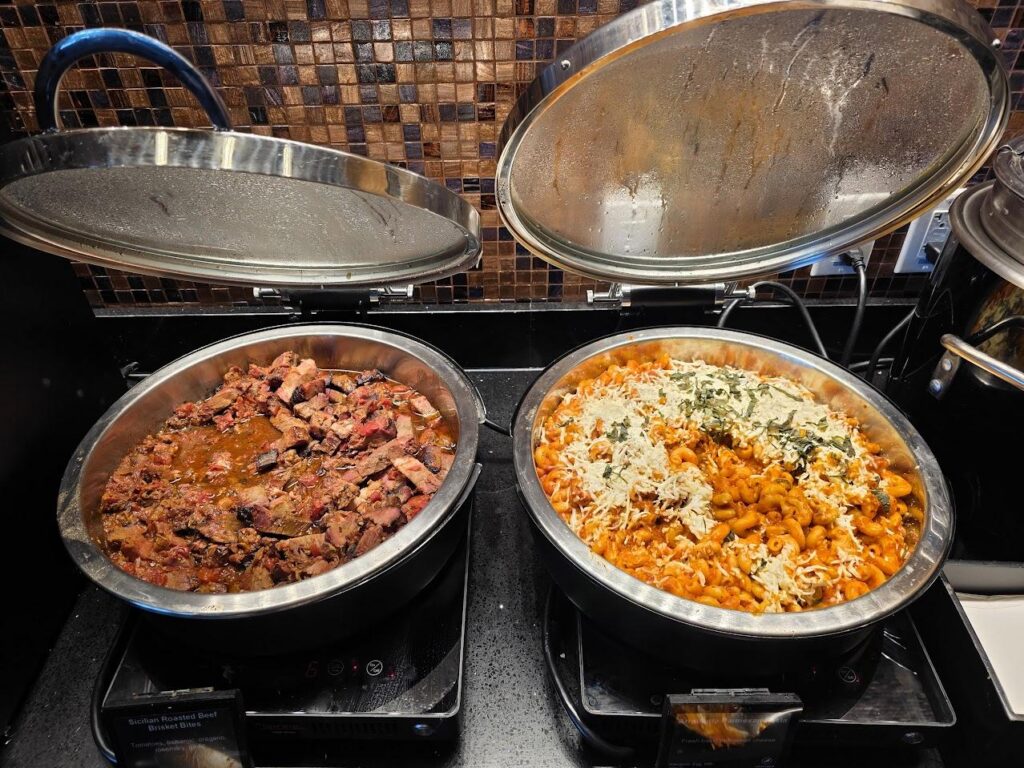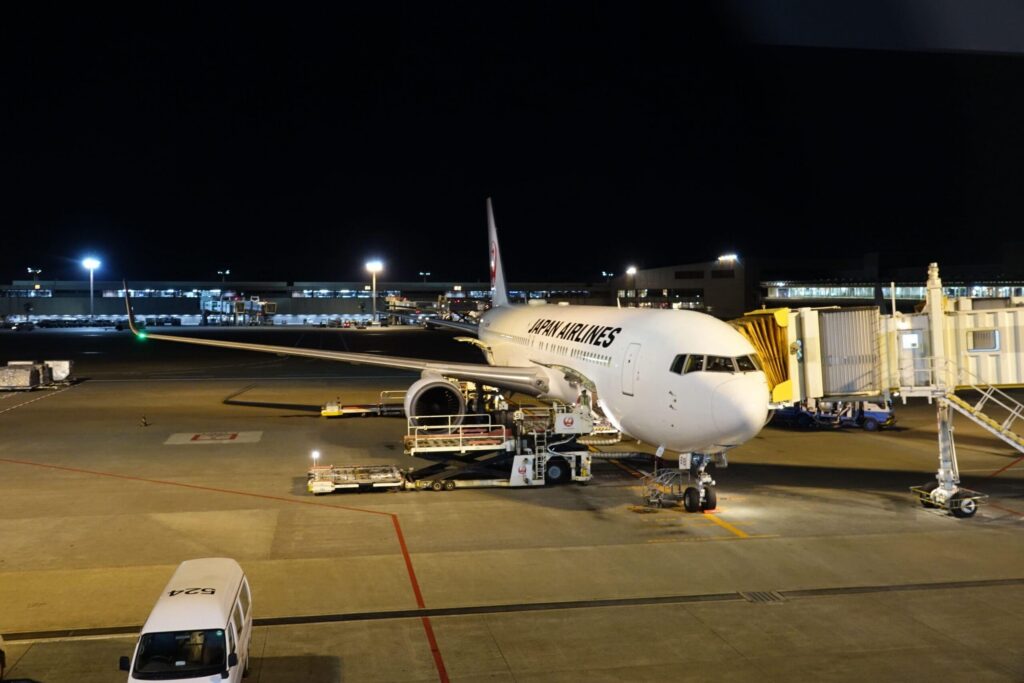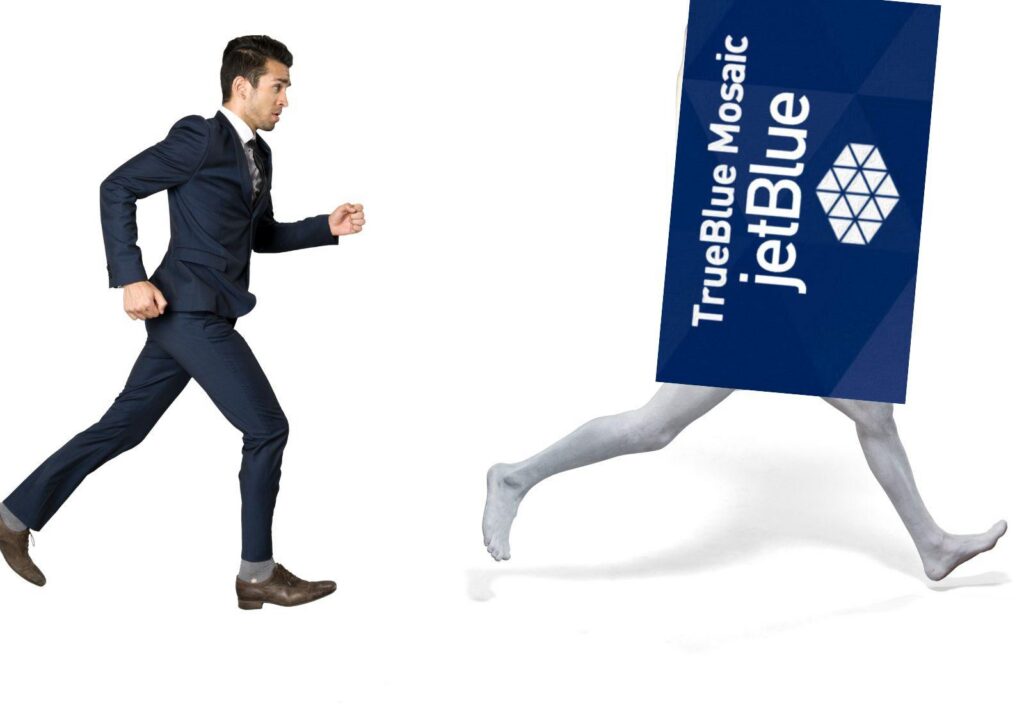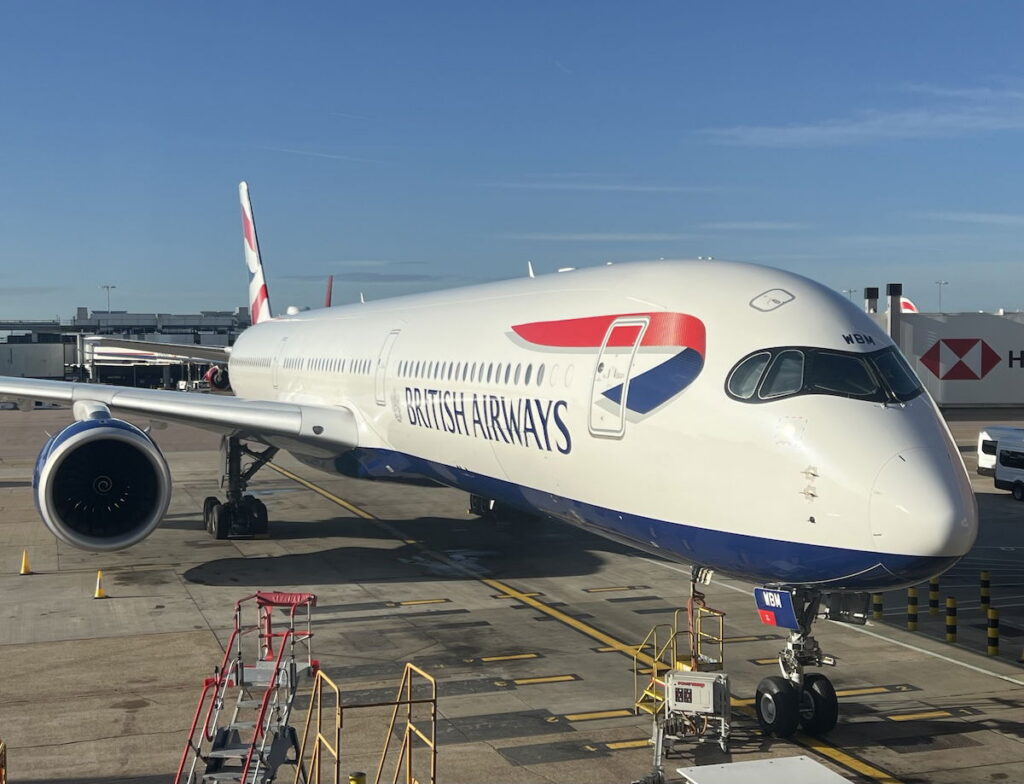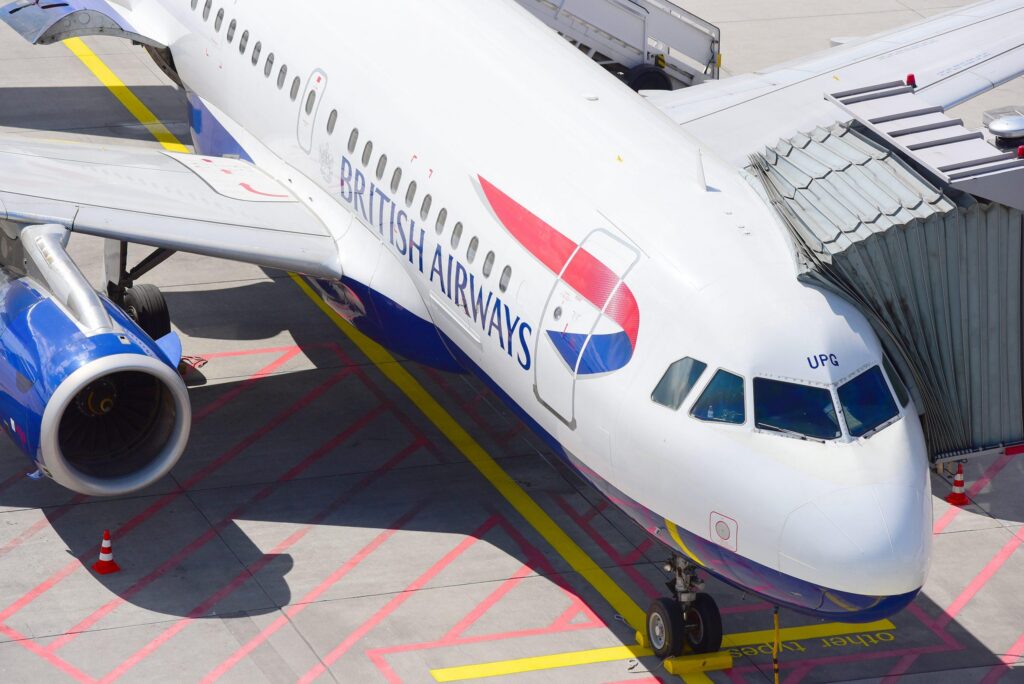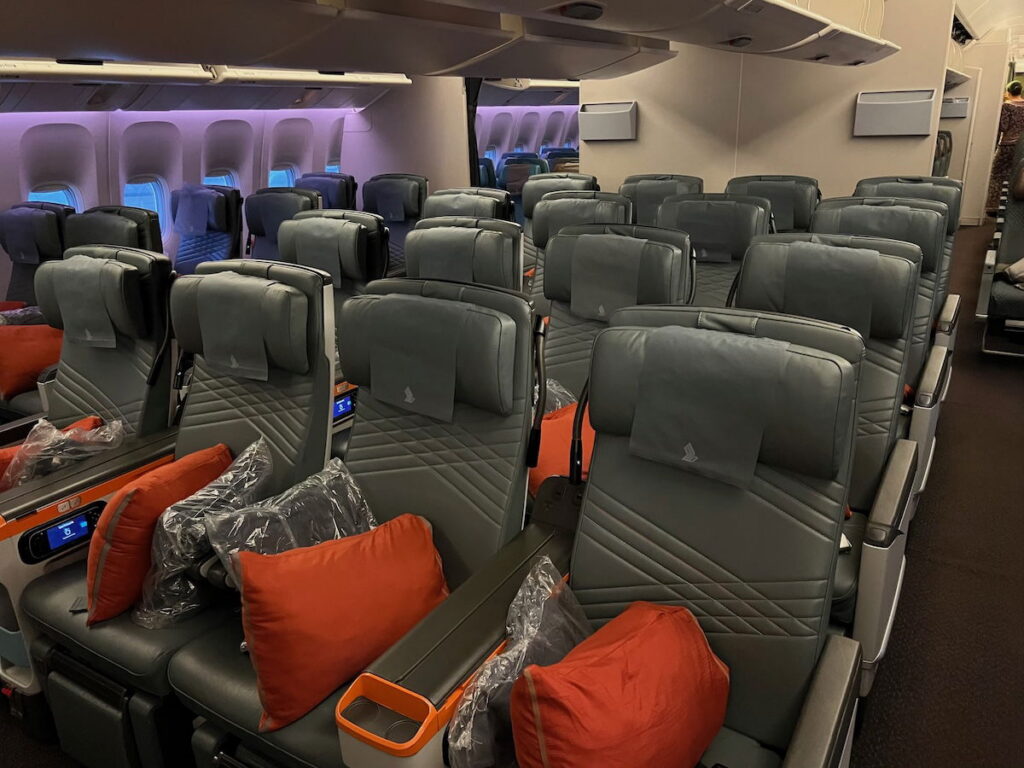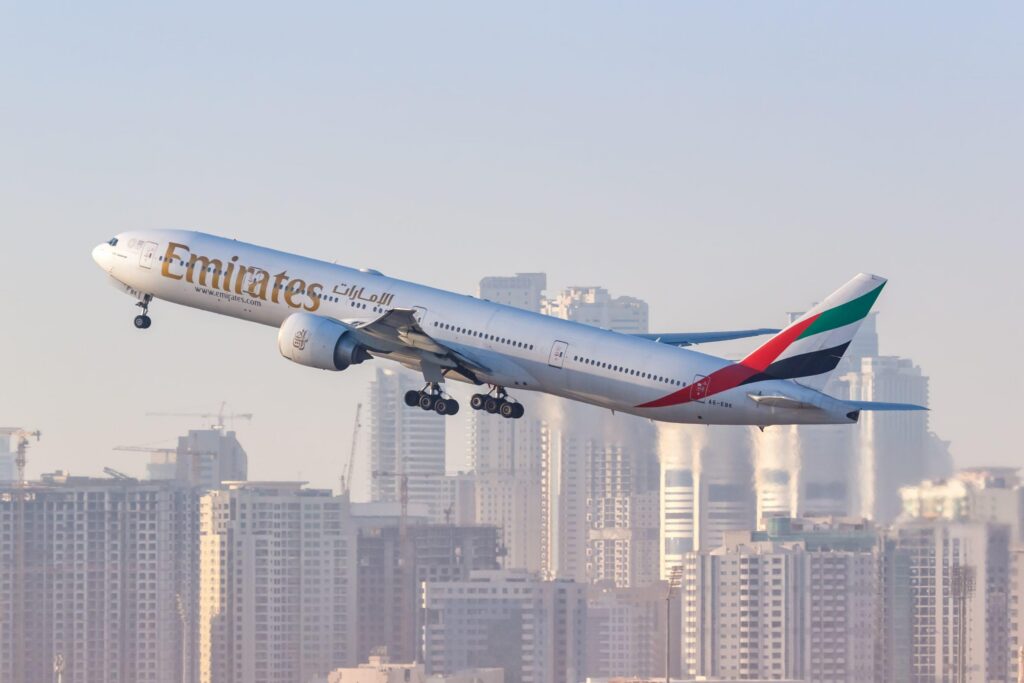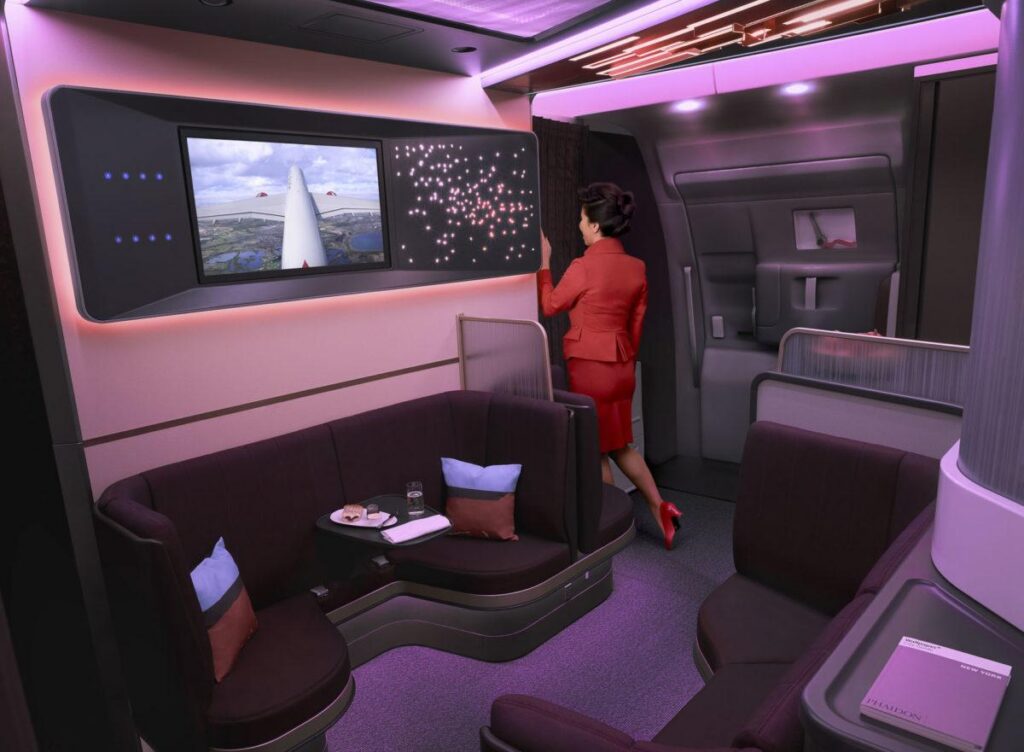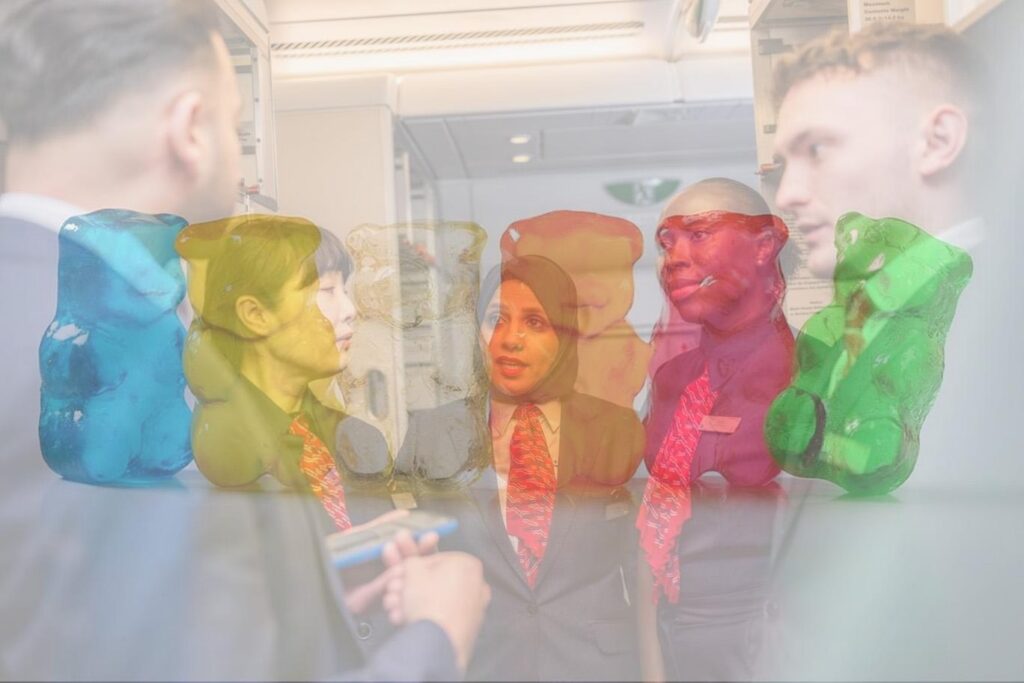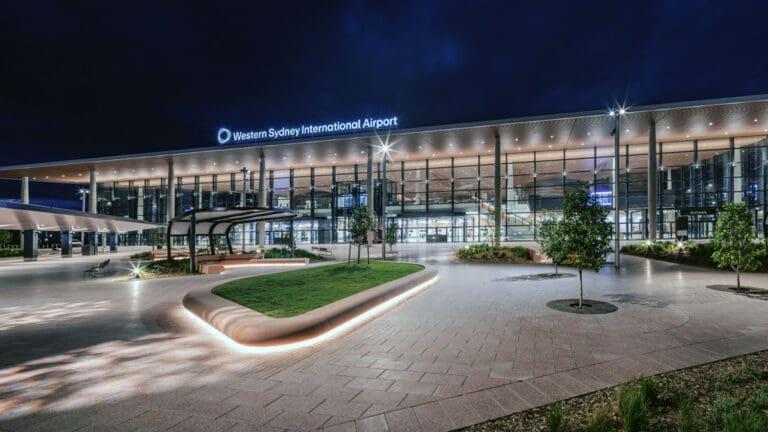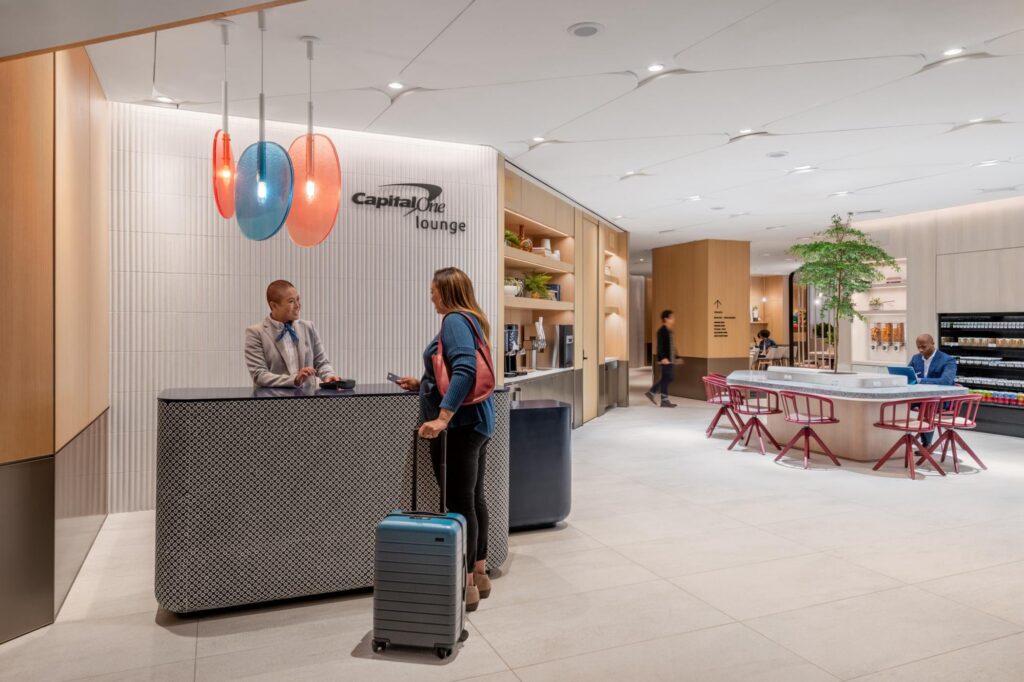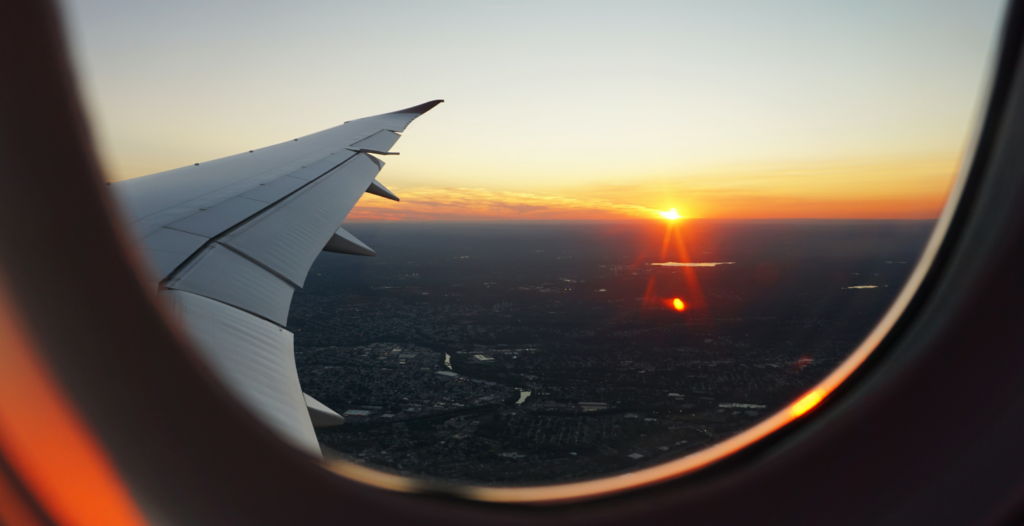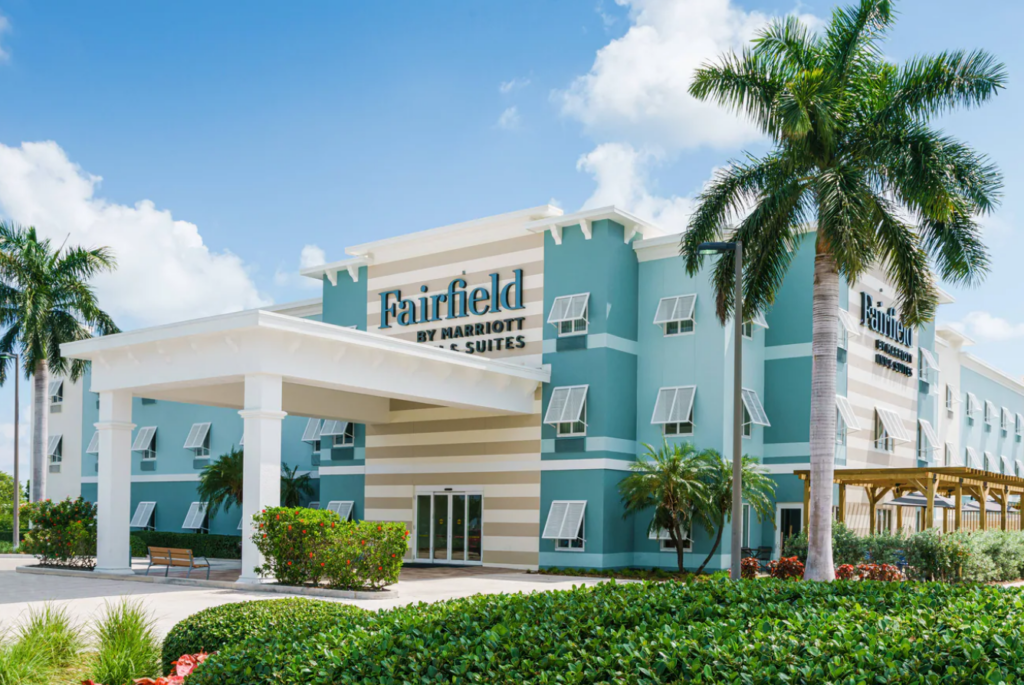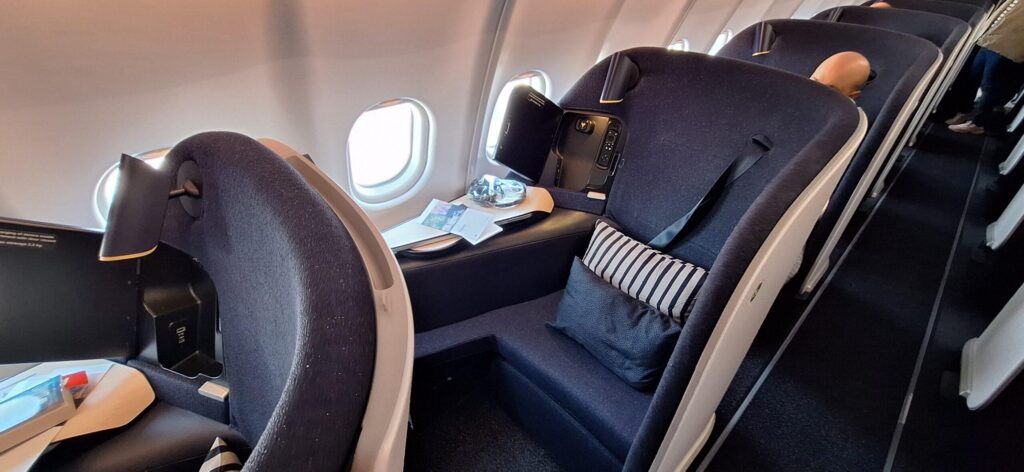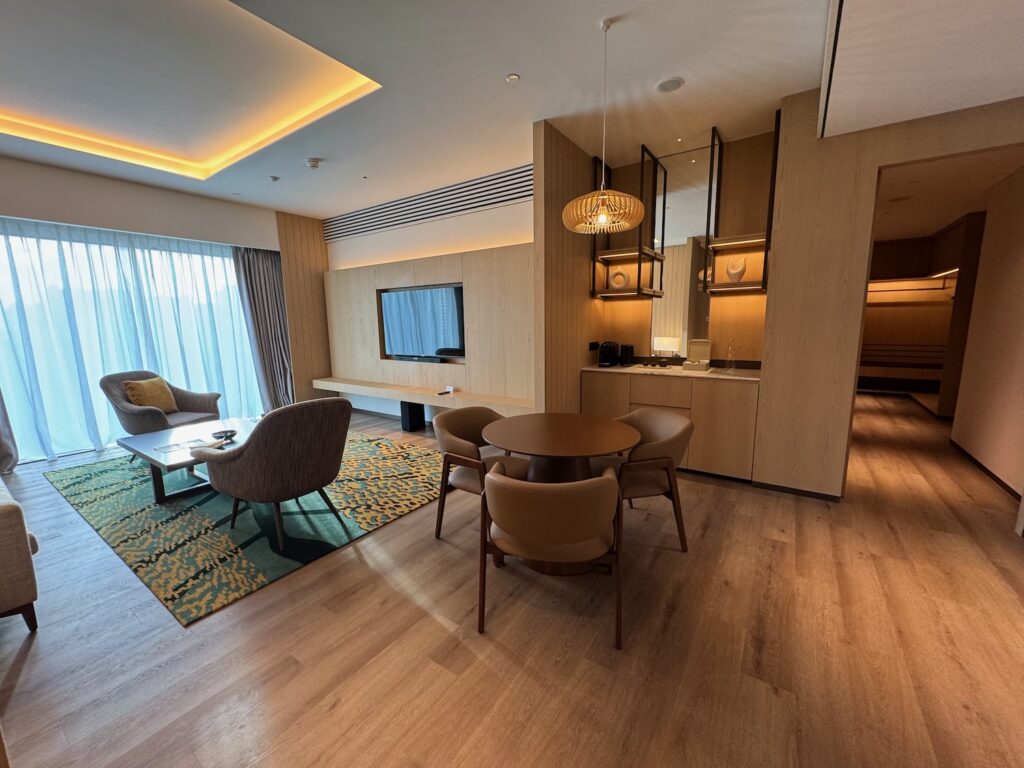
Marriott’s AI Rollout: Elites Brace for Summer Upgrades Shakeup
I’ve been keeping a close eye on the way Marriott Bonvoy elites are treated during peak travel seasons, and the upcoming changes in 2025 have definitely grabbed my attention. Marriott is rolling out a new AI-driven approach to assigning upgrades, a shift that could transform the way front desks handle premium room availability. With inflation threatening to tighten travelers’ budgets and summer occupancy on the rise, it’s clear that snagging a truly Special suite may be more complicated than ever. But I’ve found that knowledge and a little finesse can still go a long way in securing those elevated room perks.
The Automated Complimentary Upgrade (ACU) System
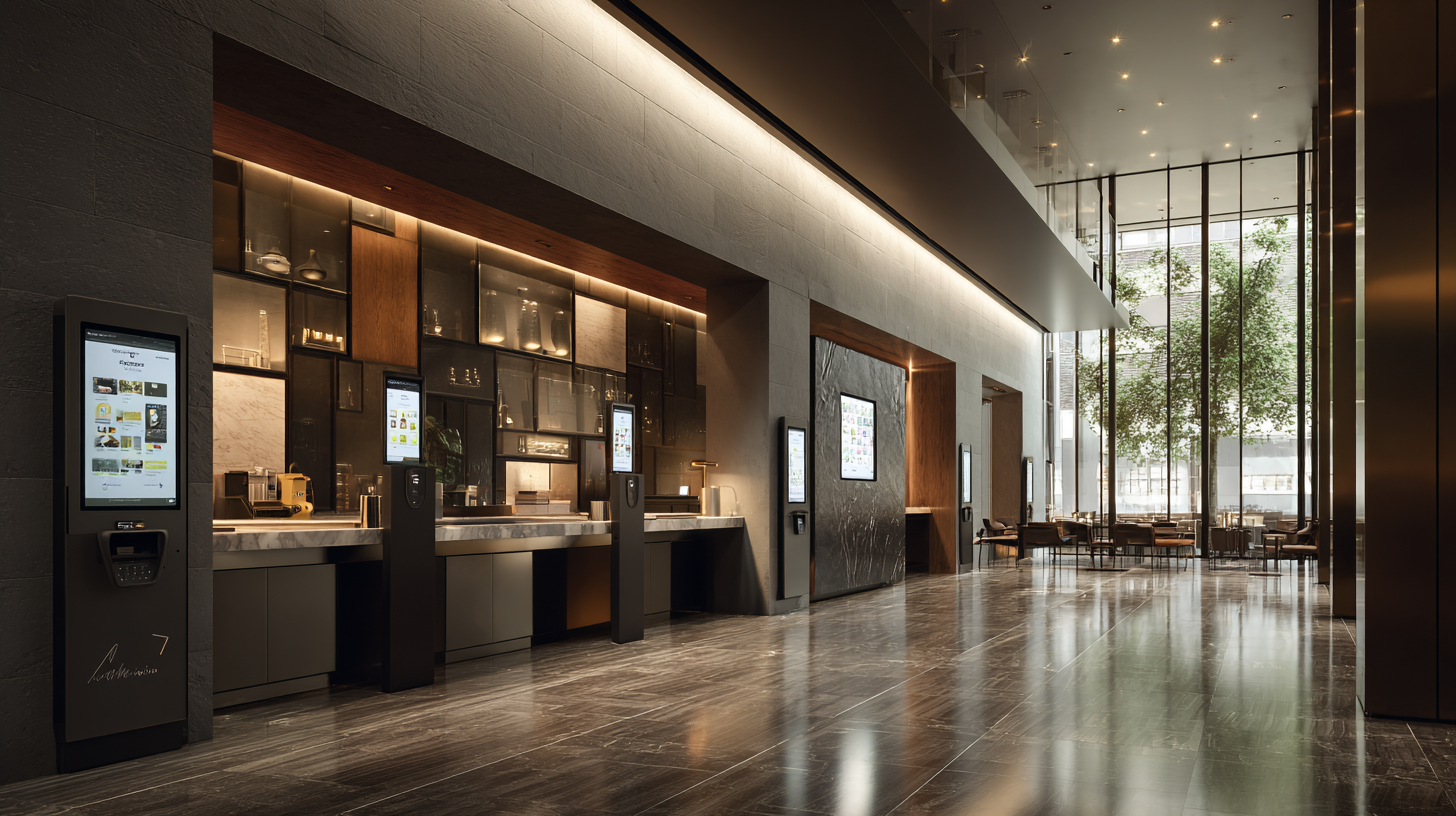
The Automated Complimentary Upgrade (ACU) tool, set to launch on July 14, 2025, promises to handle the daily assignment of 1.2 million rooms across the Marriott portfolio. When I look at how AI technology has revolutionized everything from airline pricing to digital check-in, it’s exciting to see a similar type of efficiency being harnessed for hotel rooms as well. According to a recent study from the Hospitality Institute, automated room assignment processes can reduce human error by up to 30%, which might help travelers receive more consistent upgrades over time.
Yet, there’s some anxiety among Marriott loyalists. By stripping the front-desk staff of certain decision-making powers, the experience might feel impersonal for those of us who value a friendly face and a little negotiation at check-in. I’ve observed that properties can still limit which rooms the ACU system makes available as “upgrades,” so if someone behind the scenes decides a particular suite is off-limits, the AI will follow suit. I recommend politely discussing your upgrade expectations with the hotel in advance to see if they might tag a nicer room for your arrival.
On top of that, I’ve noticed that timing is everything. With this new system, arrival times and personal preferences will be weighed in the overall algorithm. Front desks may no longer have the wiggle room to juggle complimentary upgrades at the eleventh hour, so consider arriving earlier in the day if possible or including relevant preferences in your booking notes. In my experience, even small details can tip the balance in your favor when artificial intelligence is involved.
The New Nightly Upgrade Awards
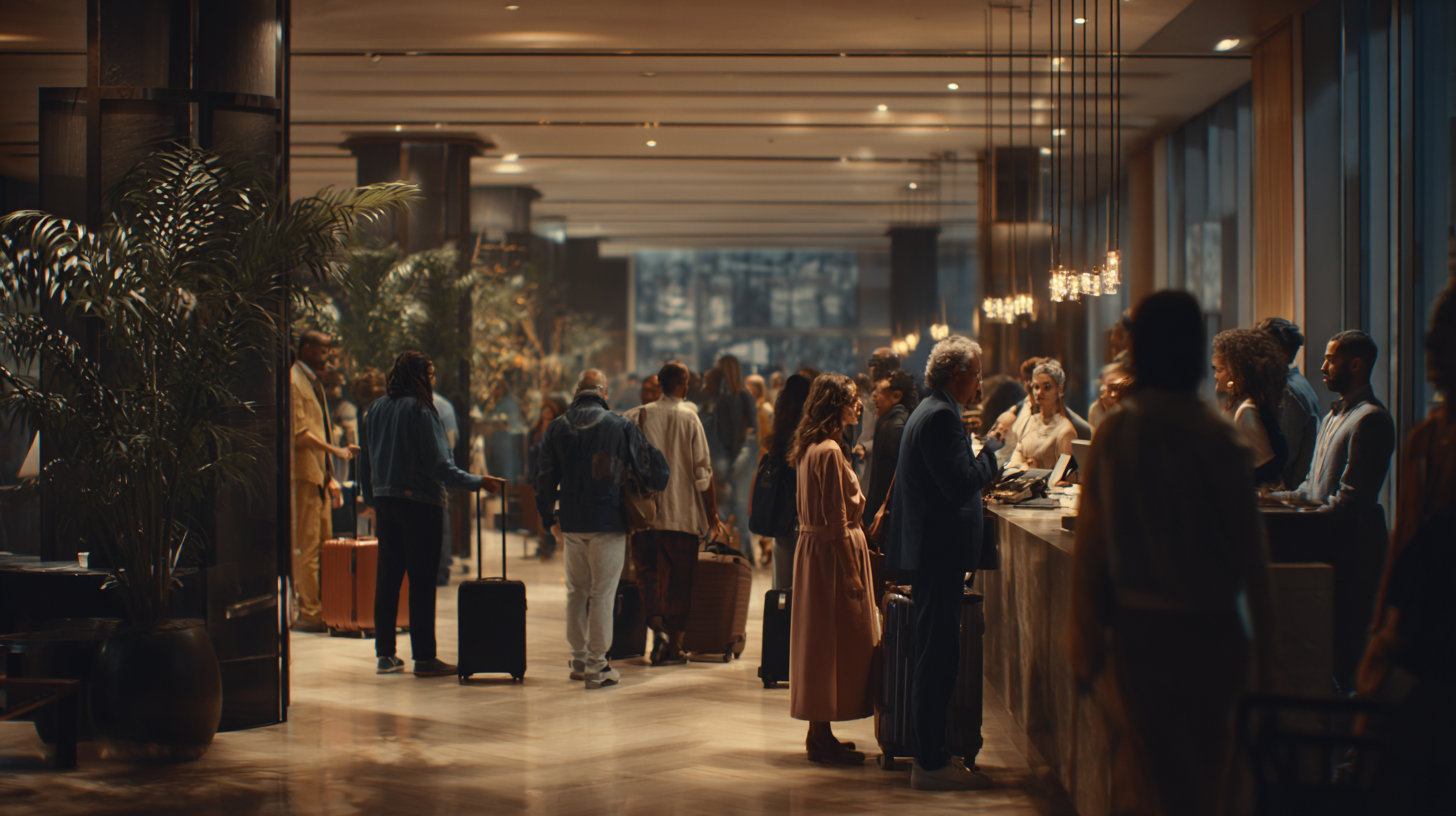
Marriott’s Nightly Upgrade Awards have replaced the old Suite Night Awards, broadening the range of rooms you might score, including ocean-view suites, balcony rooms, and more. I’ve seen this bring excitement to travelers who enjoy brand variety—from EDITION properties with chic vibes to more laid-back Protea locations. One stumbling block, however, is the timing: you might only find out about your upgrade three days before check-in. That leaves a lot of guesswork if you’re on a tight schedule or juggling multiple bookings.
In my own attempts to confirm an upgrade, I’ve often crossed my fingers during those final days, especially during busy stretches. Industry data from 2024 suggested that around 35% of these upgrade requests go unfulfilled if the local hotel is running high occupancy. That number might swell in the summer when families and convention attendees flood big-city and resort properties. Whenever I’m booking a hotel stay, I try to set realistic expectations while making sure my preferences are clearly stated in the loyalty account profile.
For those who really value a premium room, it might be wise to hold a refundable rate until you have your final upgrade confirmation. While I don’t advocate for constant cancellations, it’s often better to make last-minute adjustments than to feel locked into a sub-optimal stay if you’re counting on suite-level comforts.
Marriott’s Evolving Elite Upgrade Policy
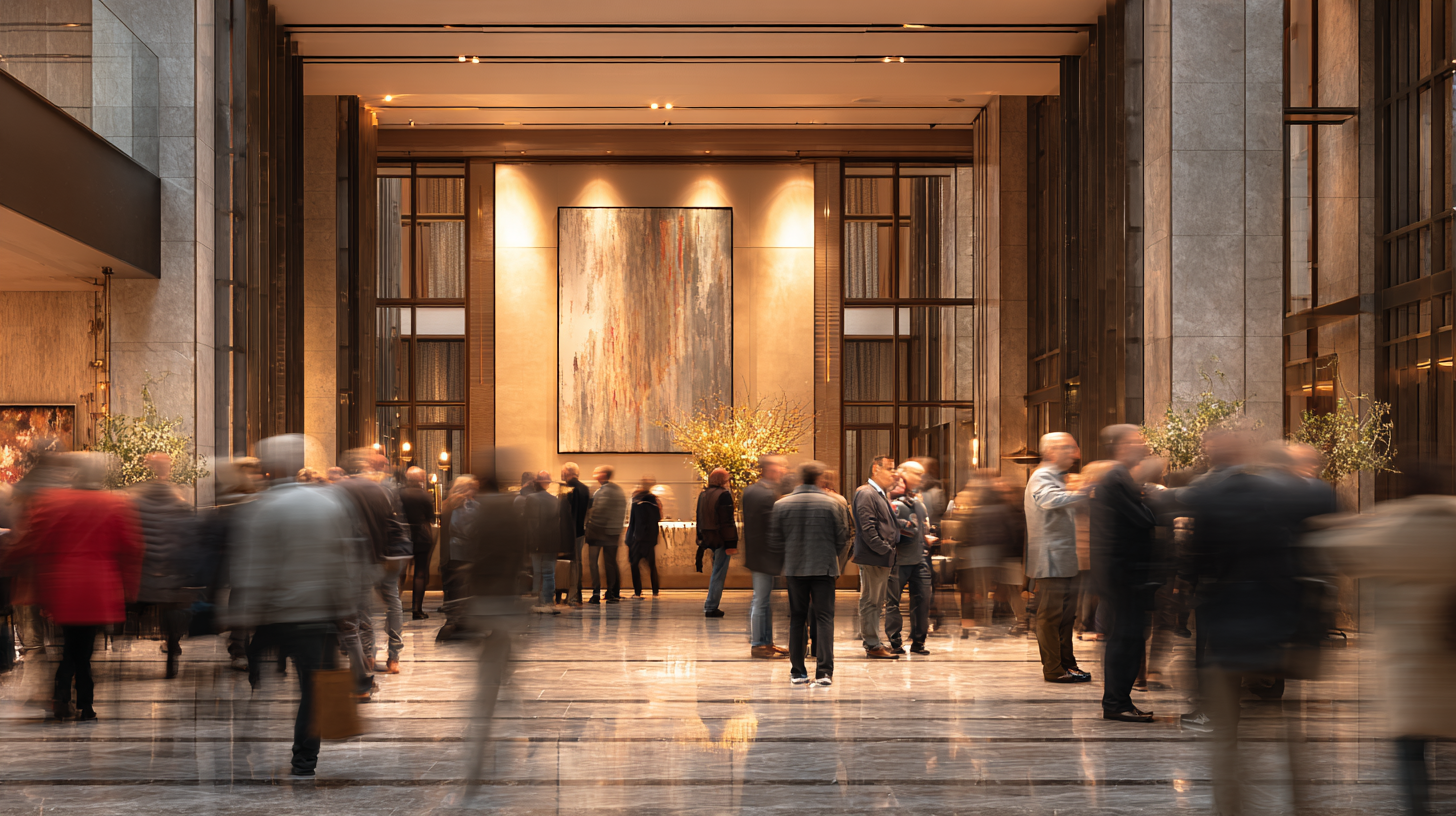
“Best available room up to a standard suite” used to be the hallmark promise for Platinum, Titanium, and Ambassador members. Nowadays, the official language has shifted to “upgrades subject to availability.” I know many of us never expected guaranteed suites in practice, but it’s still a noticeable departure from the phrasing that once reassured us. This move aligns Marriott’s policy more with some of the competing programs in the hospitality industry.
From my perspective, Marriott is likely trying to set more realistic expectations, given the ever-growing pool of elite travelers. Based on data from 2025 alone, the number of Marriott Bonvoy elite members has spiked by nearly 20% in the last two years, putting additional pressure on properties to allocate premium rooms fairly. I recall a recent business trip in which I was competing with multiple Ambassador elites for a limited number of suites—any brand would struggle to keep everyone happy in that scenario.
Even though the policy shift might feel like a downgrade, it could help reduce some of the friction at check-in. People won’t assume they’re missing out on guarantees if the published benefit is more nuanced. Still, I recommend politely asking for a manager if you sense the hotel is being stingy with upgrades, especially when rooms appear available online. Transparency on both sides usually leads to better experiences.
The Impact of Inflation and Occupancy
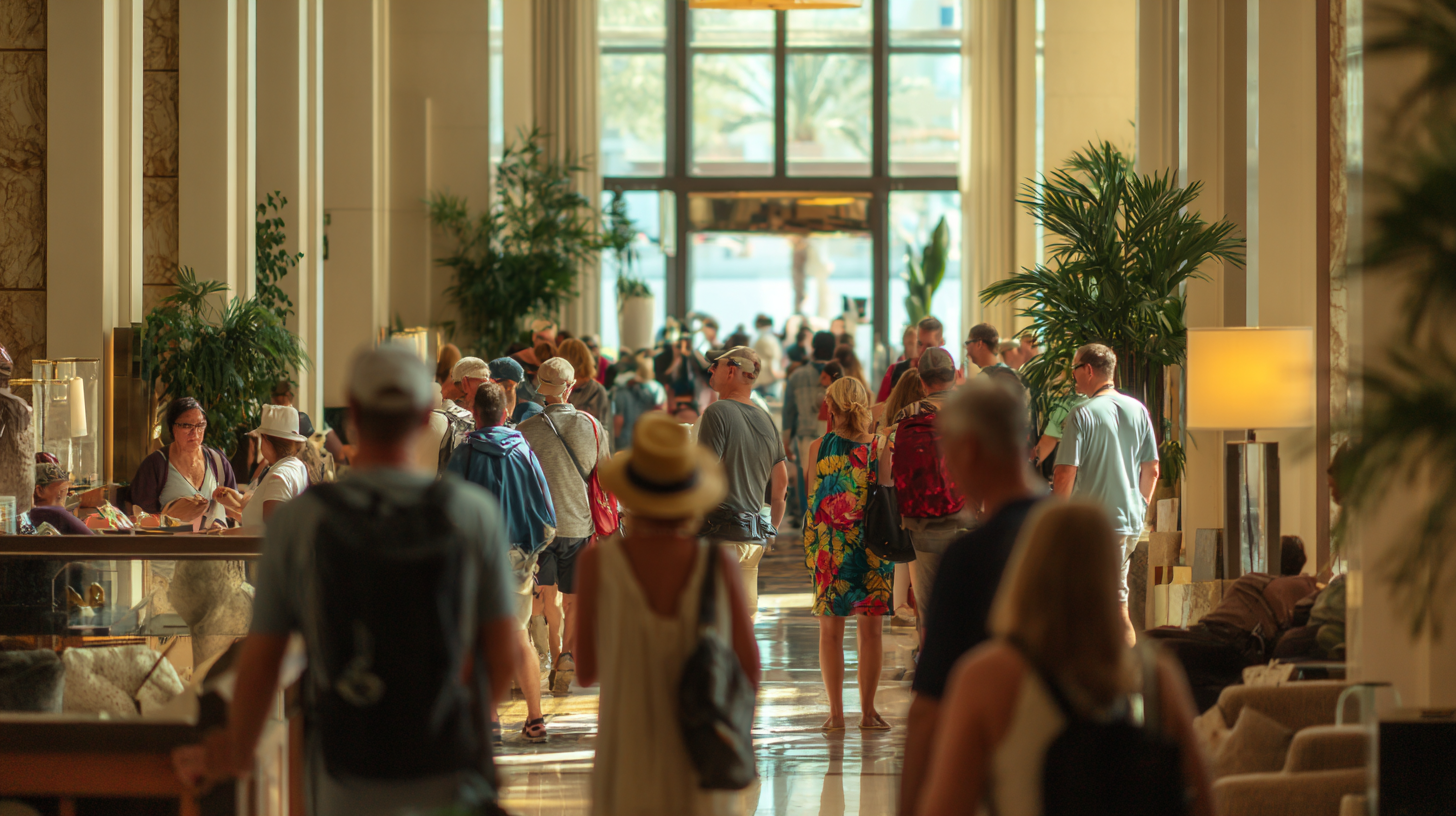
With living costs on the rise, it comes as no surprise that more than half of Marriott’s guests are re-evaluating the worth of their loyalty. I’ve read countless comments from fellow travelers wondering if the annual loyalty chase is still justified. National hotels saw nightly rates climb around 15% across major cities in 2024, and future forecasts suggest that another price bump could be in store for 2025. This leaves fewer people extending their stays or booking bigger rooms without a guaranteed benefit.
Seasonal occupancy also plays a huge role. Summertime often brings a flurry of family vacations, destination weddings, and major conferences. In my experience, these surges can wipe out entire floors of upgraded inventory, especially popular suite categories. During a recent high-season stay, I witnessed guests being offered paid suite “upsells” that would otherwise have been comped in a slower month. My advice is to stay vigilant about these tactics; sometimes a friendly but firm negotiation can reclaim an upgrade that staff initially tries to sell you.
In the bigger picture, inflation is accelerating changes in the hospitality sector. Hotel revenue managers are under added pressure to maximize room profits. If you’re set on securing an elite upgrade, consider booking at off-peak times or focusing on properties known for more consistent treatment of loyal members. In quieter months, hotels are often more generous.
GXP algorithm and Priority Tiers
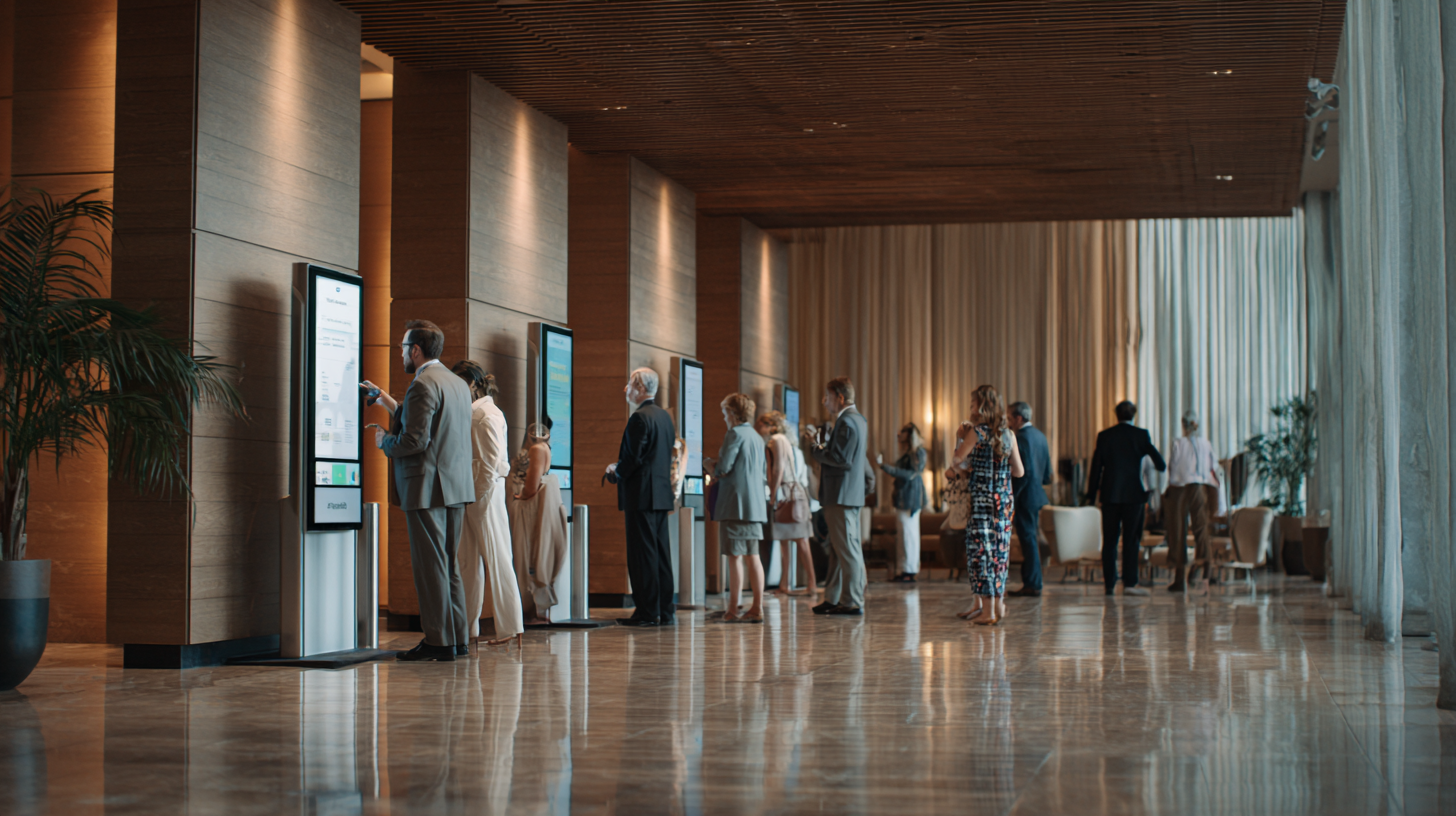
Marriott’s proprietary GXP algorithm ranks guests by tier, from Ambassador down to Platinum, taking into account total spending, frequency of stays, and advanced requests like Nightly Upgrade Awards. After analyzing the experiences of various elites, I see how these behind-the-scenes calculations sometimes create a stark mismatch between expectations and reality. I’ve heard from Platinum members who landed a plush suite, while a Titanium guest checked in later that day and only ended up with a slightly larger room.
According to industry data, these discrepancies often arise because certain properties retain partial control of the room release process. If a manager believes the suite can still be sold at a premium later, it might get held back. For me, acknowledging this game of cat-and-mouse has been key to avoiding disappointment. It’s helpful to remember that the GXP algorithm is just one piece of a puzzle that includes revenue goals and on-the-ground decision-making from the property itself.
I’ve found that consistently high spend combined with brand loyalty can tip the scales. If you’ve spent considerable amounts at the spa, dined in the hotel restaurants, or hosted events at the property, be sure to mention it. That spending pattern might be a deciding factor that bumps you up in the pecking order. Still, nothing is guaranteed, so I always have a backup plan in mind.
Tips for Maximizing Elite Perks
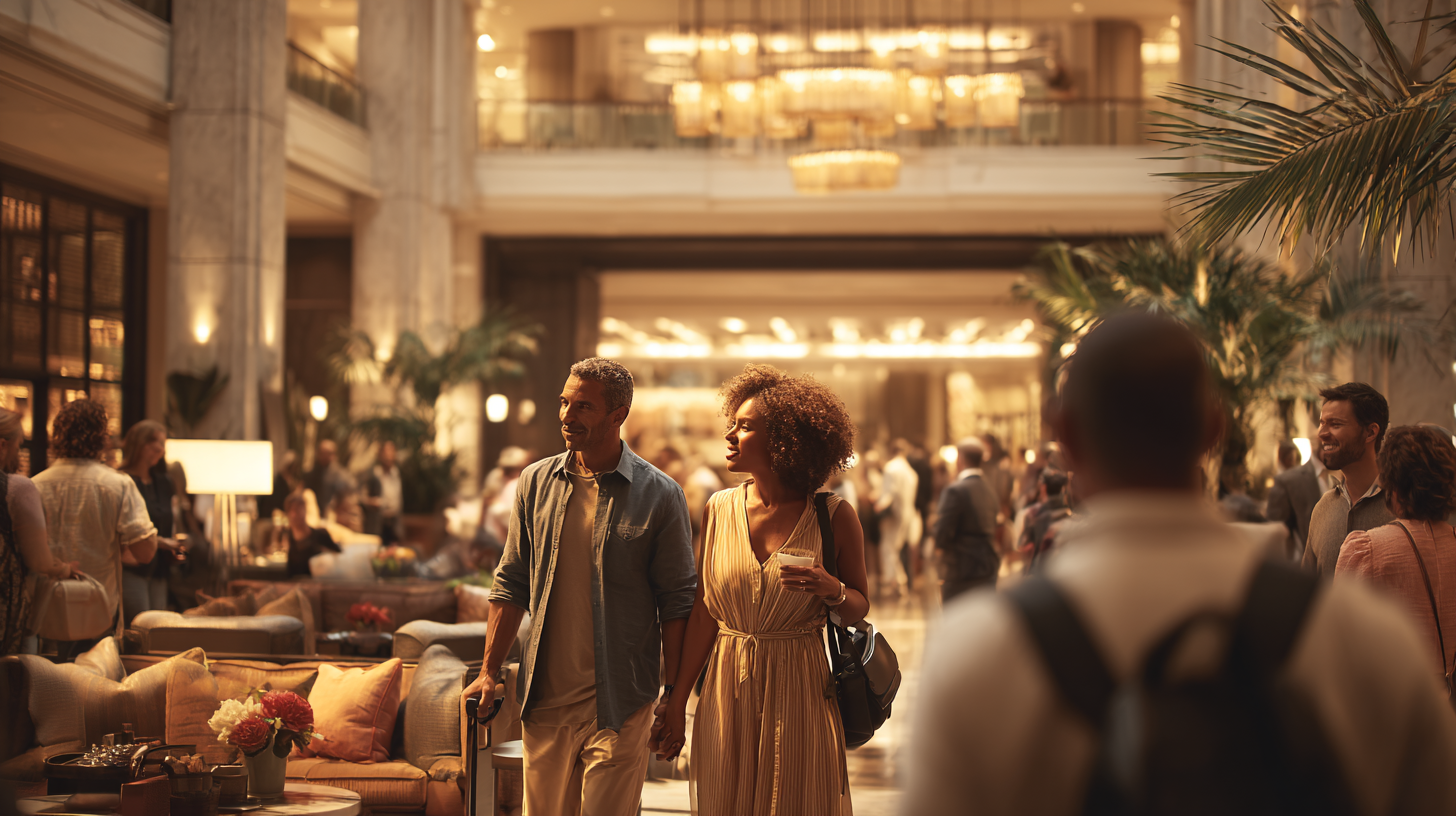
Renowned hotel experts often say timing, location, and communication are the trifecta of successful upgrades. I always recommend checking the Marriott app periodically in the days before you arrive—sometimes you’ll see an upgrade reflected there before the front desk can tell you. Arriving as early as possible can also help, since you get first dibs on any vacant premium rooms, and I’ve found that showing genuine interest in the property’s features and brand identity can resonate with staff.
If you’re planning an international trip, I encourage you to look beyond the usual hotspots and consider places known for more personalized customer service. In my own travels, I’ve been pleasantly surprised by the generosity of Marriott properties in parts of Asia and certain areas of Europe, where suite upgrades for loyal members are more common even during the busy season. It might take extra planning, but it can be well worth the comfort you’ll experience.
Preparation remains a key factor. Contact the hotel a few days in advance, mentioning any special occasion and reiterating your status. Doing so doesn’t guarantee an upgrade, but it helps put you on their radar. When it comes time to check in, a kind and courteous approach can make all the difference. People at the front desk are often juggling multiple tasks under pressure, so a respectful tone can open doors that might otherwise remain shut.
Final Thoughts
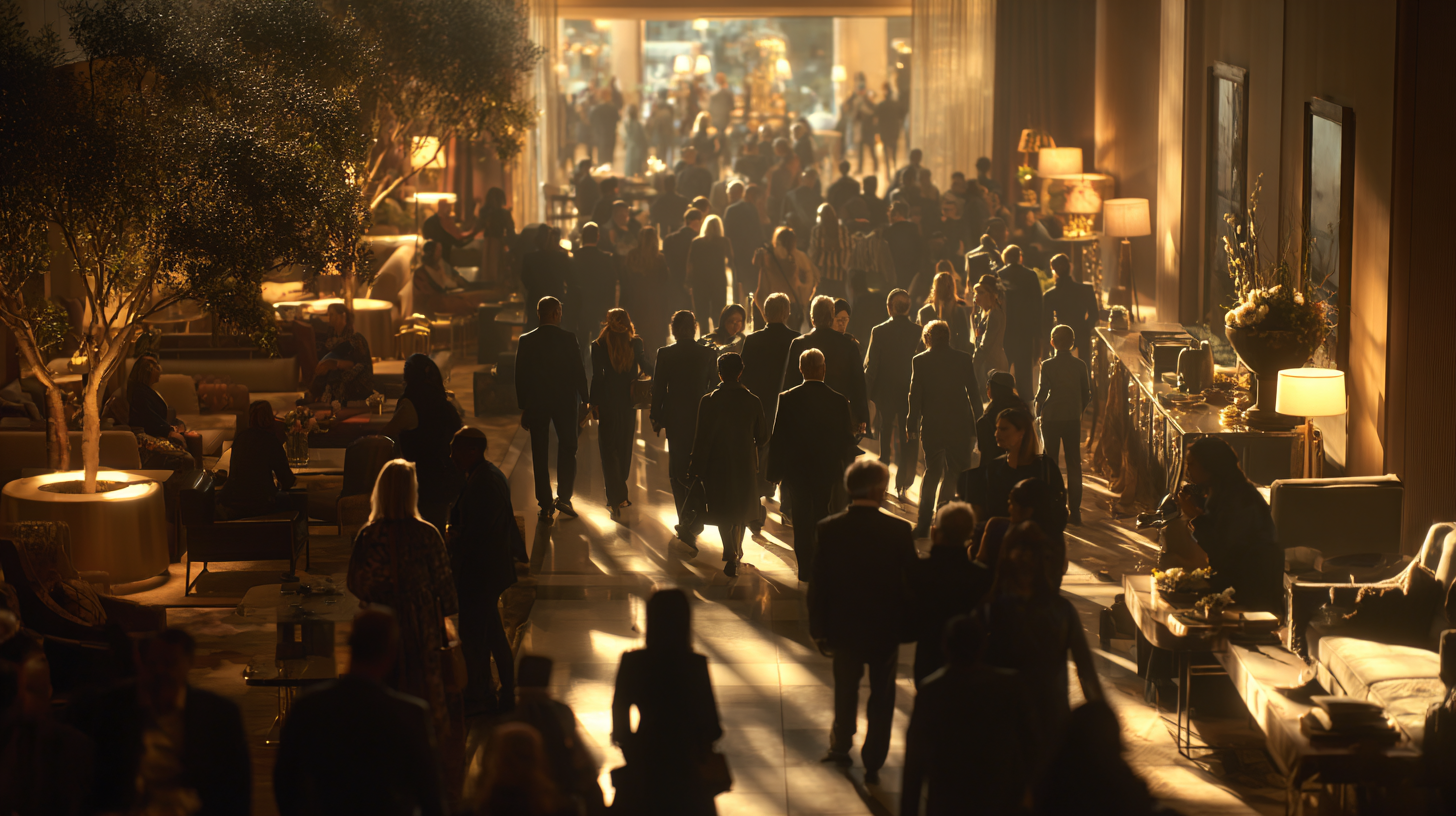
Marriott’s AI-driven changes mark a major pivot in how we approach elite upgrades. By stripping away some of the manual guesswork, the brand is prioritizing efficiency, which is not always the same as personalization. While I believe the ACU system could keep things fair on a broad scale, individual travelers may still find that human connections and forward planning are critical for the best results. Inflation and seasonal occupancy surges will keep applying pressure, so it’s more important than ever to be prepared and adaptable.
Whether you’re a seasoned Bonvoy loyalist or new to the Marriott ecosystem, these shifts in upgrade policies and day-to-day experience can feel overwhelming. Yet from what I’ve observed, knowledge truly is power. Understanding the GXP algorithm, staying aware of seasonal fluctuations, and politely advocating for yourself will help you make the most of this changing landscape. No matter how sophisticated the technology becomes, forging direct, meaningful interactions with hotel staff and leadership remains a reliable way to improve your odds of scoring that dream room.
Sky Skylar’s Take
I’m fascinated by how far AI has come. There’s a clear trend toward automated solutions in hospitality, but I also believe people will continue to crave that irreplaceable human touch. As Marriott streamlines the upgrade process, the personal connections we build can still tip the scales in our favor.
True, the system might feel more opaque now, but that’s also a signal to approach each stay with a bit more strategy—and maybe a touch more understanding toward the staff charged with implementing these changes. At the end of the day, being informed and proactive often separates those who sit back and wait from those who score unforgettable rooms.
Stay with us at BoardingArea for more.
- If you’re dreaming of a luxurious escape, don’t miss out on Discover the Best Marriott All-Inclusive Resorts for Your Next Luxury Getaway to find your perfect paradise.
- Explore the elite side of travel with our guide to the Top Marriott Resorts in America for Luxury Travel in 2025, and plan your next lavish vacation.
- Learn how to elevate your travel experience by discovering the benefits of the Unlock Elite Perks with the Ritz-Carlton Credit Card.
- Discover how MaxMyPoint: A Game-Changer for Hotel Award Searches can revolutionize your hotel award searches and enhance your travel planning.
- Find out which cards offer unbeatable travel rewards by checking out Unlock Travel Perks: The Best 7 Hotel Cards For 2025 for the ultimate guide.


